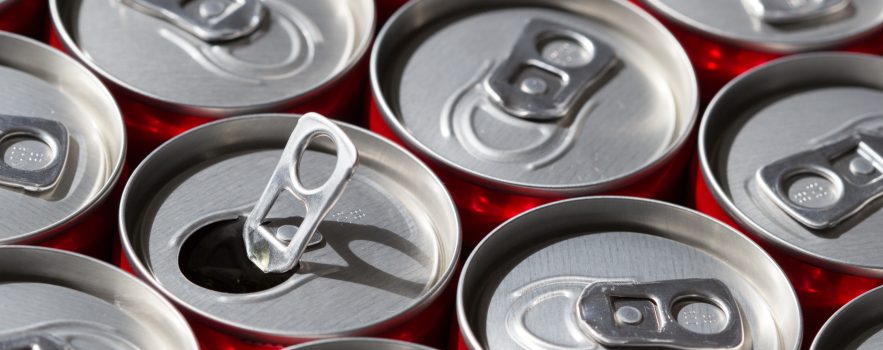NIHR researchers have launched a pioneering study to evaluate the impact of the UK Government’s forthcoming levy on sugary drinks.
The Soft Drinks Industry Levy (SDIL), due to be enforced from April 2018, is being introduced as part of the UK Government’s Childhood Obesity Plan to address childhood obesity, and related conditions such as diabetes and heart disease.
People who regularly consume large quantities of sugary drinks are at higher risk of developing these conditions and the tax aims to help them reduce their daily sugar intake. The tax is unique in the world, imposing a levy on importers and manufacturers, according to the sugar content of soft drinks to encourage companies to remove added sugar. It is unknown whether importers or manufacturers will pass the cost of the levy on to consumers.
Britain is the first county to try this type of tax and researchers need to evaluate the effects of the initiative on health, society and on the economy.
The NIHR Public Health Research Programme has funded a team, led by Martin White at the University of Cambridge, to study the impacts of the tax and track how these change over time. The £1.5million study runs for four years and the team includes researchers from the London School of Hygiene & Tropical Medicine and the University of Oxford.
Dr White, programme leader for research in food behaviours and public health in the Centre for Diet and Activity Research (CEDAR), said:
“We have talked to people working in government, public health, the food industry and health advocacy groups. They think the tax will have all sorts of effects, and not just on health. We are therefore considering the tax as an event in a complex system. Studying a wide range of effects of the tax will help us be more certain about the true impacts of the tax. For example, if purchases of sugary drinks, their sugar content, tooth decay and childhood obesity all go down, and purchases of other types of drinks go up, this will increase our confidence that the tax has had a positive impact on health.
“We anticipate the tax’s effects will go beyond health. For instance, a healthier population should be more economically productive. Or people drinking fewer sugary drinks might mean fewer jobs in the food industry. We will use economic models to predict the impacts of the tax on the whole UK economy.”
The team will use data on food retailing to explore the price, sugar content, and range of drinks available prior to the tax being announced and after its introduction, so they can see how things change over time.
Government data will be used to study effects of the tax on: diet, childhood obesity, and hospital admissions for tooth decay.
Interviews, focus groups, and analysis of newspapers and social media will be conducted to explore how the public, politicians, public health professionals, and the food industry feel about the tax.
Professor White added:
“By studying these things over several years we will be able to see how views change over time.
“In the UK, children drink more sugary drinks than adults. Obesity, heart disease, diabetes and tooth decay are more common among poorer people. Across all our work, we will look for any variations in effects between age groups, men and women, and levels of income.”
Professor Frank Kee, chairman of the NIHR’s Public Health Research Funding Board (RFB), said:
“The NIHR is proud to be supporting this independent research. We hope it will be an important step in evaluating the effects of the SDIL on health, society and the wider economy and address major concerns such as obesity, diabetes and heart disease.”
For more information about the study visit the NIHR Journals Library.

 MRC Epidemiology Unit
MRC Epidemiology Unit